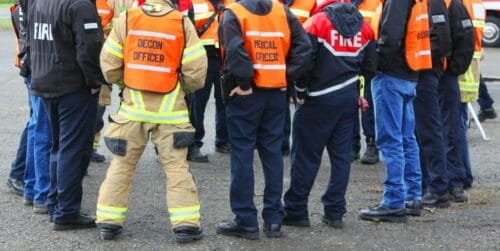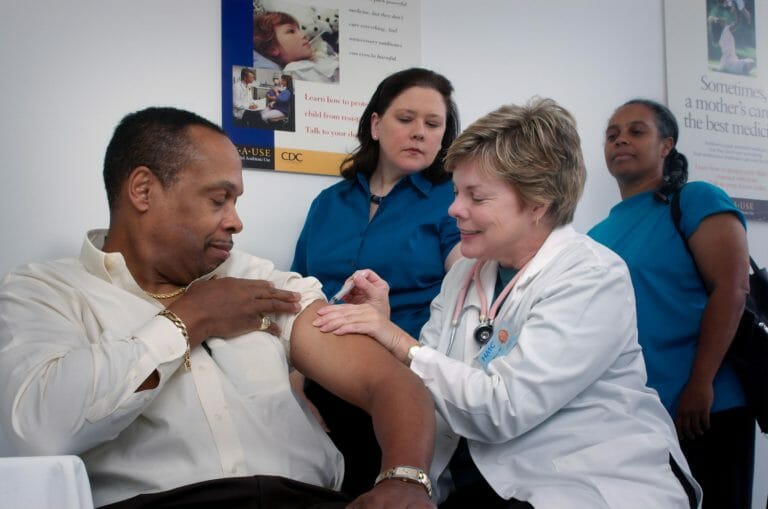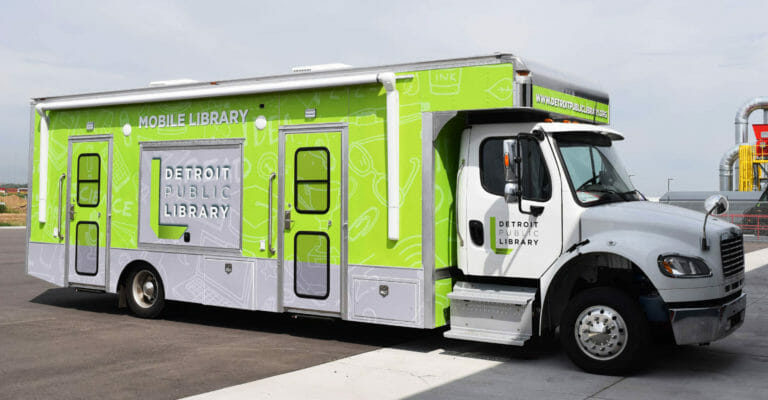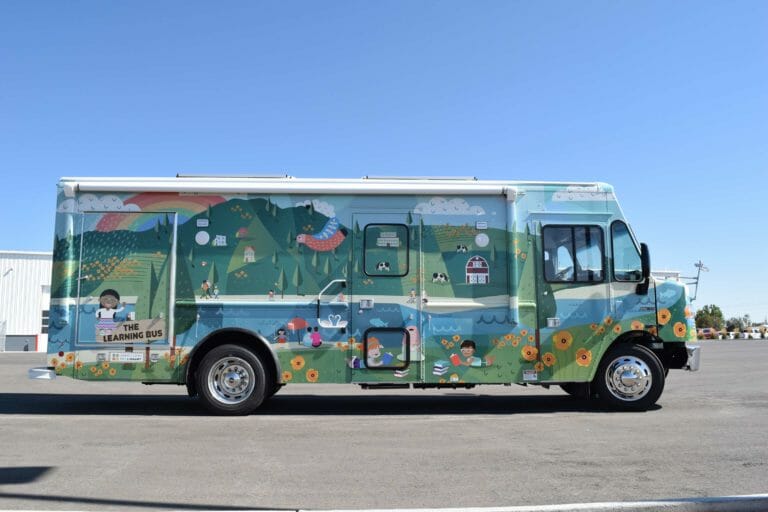Mobile Medical
The Vital Role Mobile Medical Units Play in Disaster Response
September 28, 2021

When a disaster occurs, communities are often left in shambles. Massive power outages, flooding, and the destruction of life and property can create what looks like a war scene in a matter of moments.
After a natural disaster takes place, one of the first things a community needs is increased medical care. Too often, the brick-and-mortar hospitals and clinics located in a disaster zone are either overwhelmed with the community’s needs or incapable of operating at normal capacity due to the damage the disaster has left behind.
This is where mobile medical vehicles play a critical role. These units assist communities as they recover from hurricanes, floods, fires, tornadoes, and earthquakes.
The following are top ways that mobile medical units help assist communities facing the aftermath of a natural disaster.
1: They Allow for Rapid Response
Whether a hurricane recently made landfall or an earthquake brought a town to a crashing halt, one of the most important facets to disaster response is timeliness. When every second counts, mobile medical units offer a life-saving service.
Mobile medical vehicles can be deployed before a disaster even ends, traveling whatever distance necessary to deliver the assistance of nurses and physicians to communities in need of help. While setting up a temporary on-site clinic can be time-consuming, a mobile medical clinic can be ready to go the moment it arrives. Medical teams can pre-stock the unit and the exact moment it rolls into town, medical care can be administered to those in need.
2: They Help Bridge Gaps in Underserved Communities
For communities that already lack access to ample medical care, a natural disaster can amplify the issue. Underserved communities are ill-equipped to handle the surge a natural disaster can bring to urgent cares and ERs. Additionally, many of these communities are already short-staffed, making it difficult to keep hospitals and clinics staffed during peak need.
Mobile medical vehicles can help to fill in the gap. Neighboring cities and states can deploy mobile medical clinics to help ensure that timely medical care is provided to those who have been affected by the natural disaster. In addition to offering added space to provide medical services, these clinics can transport extra medical personnel to assist at local clinics and hospitals.
3: They Can Be Equipped with Backup Power Supplies
One of the terrifying realities of natural disasters is that they often result in long-term power outages. This, in turn, makes it challenging for medical teams to provide their services which depend on the use of equipment requiring power.
A mobile medical unit can help solve this problem. Many mobile medical vehicles are equipped with backup power supplies. Utilizing generators or solar setups, these units make it possible for medical teams to use the equipment necessary to provide life-saving services.
4: They Allow Personnel a Place to Rest Between Shifts
The medical teams that respond to natural disasters undergo a large amount of stress. These teams are often asked to work around the clock, helping to save lives immediately after a disaster has struck. Added to the long hours that these heroes are asked to work is the compounding lack of nearby amenities. Often, finding a hotel room or a place of lodging for the influx of medical staff is a true impossibility.
Mobile medical clinics can help ensure that medical teams have a place to rest between shifts. Cots and bunks can provide a safe place for physicians and nurses to catch up on much-needed sleep. Additionally, many medical units are capable of towing trailers. These trailers can be converted into dedicated sleeping quarters for staff that are in dire need of rest.
5: They Can Be Transformed to Meet Any Medical Need
Mobile medical units are extremely versatile. This makes them the perfect fit for disaster response teams. Depending on the disaster, different medical care and equipment might be necessary. Unlike a traditional clinic, mobile medical vehicles can be quickly adapted to any medical team’s needs.
For example, a mobile medical unit could be used as any of the following when responding to a disaster:
- A blood donation center
- An imaging center
- A temporary emergency room
- A surgical operation center
- A triage center
- A community hub for accessing clean water
- A temporary pharmacy
Talk to Summit Bodyworks About a Mobile Medical Unit
Mobile medical units play a vital role in disaster response. These units make it possible for medical teams to arrive on the scene and deliver lifesaving services.
If your clinic is considering the addition of a mobile unit, our team at Summit Bodyworks can help. Whether you plan to use your mobile clinic to respond to disasters or to provide services to your local community, we have you covered.
Want to see what we can do? Check out one of our recent builds for Denver Health. Built on a Freightliner M2 chassis, this primary care unit is equipped with all the latest and best that technology has to offer. We worked with the Denver Health team to ensure that their build would not only make it easy and convenient to offer medical services on the go but that it would also ensure patient comfort.
If you’re interested in a mobile medical unit, reach out for a free quote from our team.


